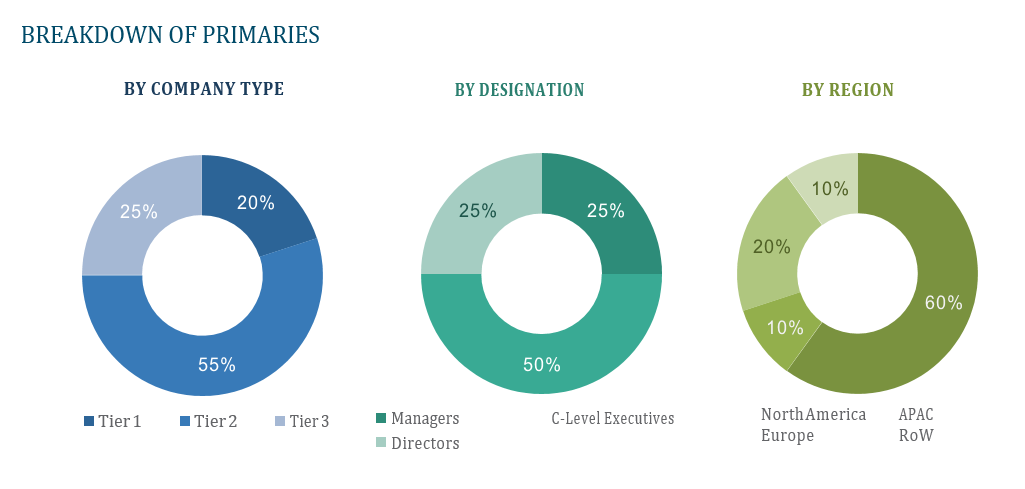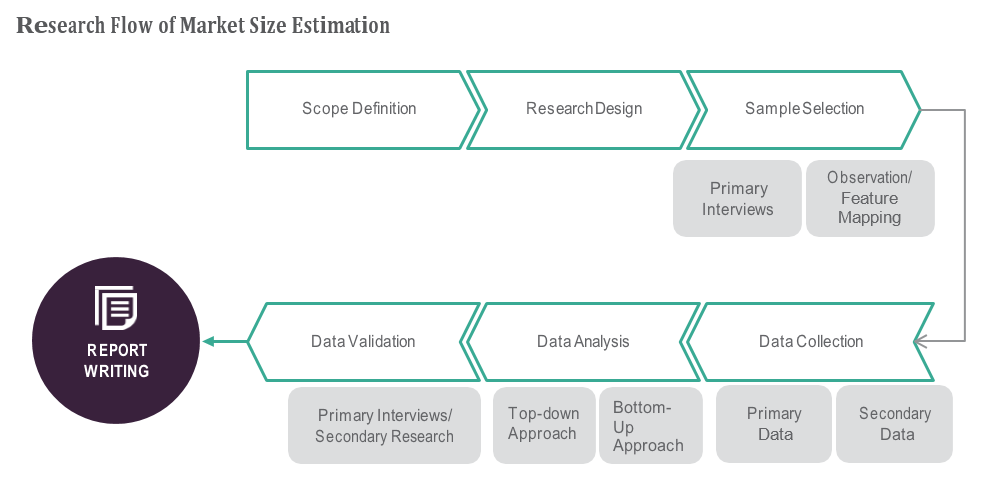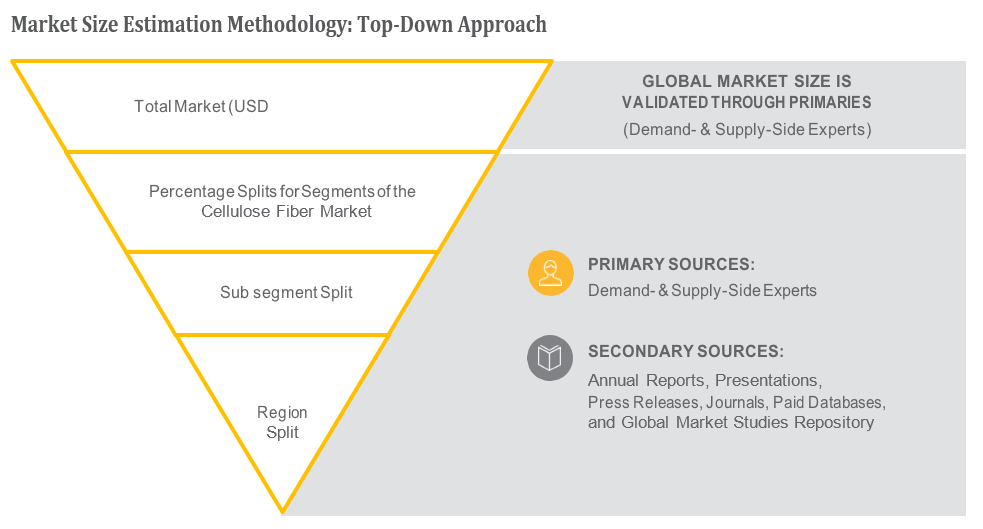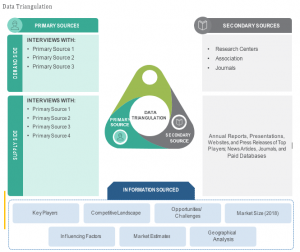OVERVIEW
Research by Global Market Studies has reported a CAGR of 4.3% for the Automotive Test Equipment Market, expecting to expand to a value of USD 4.72 billion by 2028.
Automotive Test Equipment refers to a wide range of tools, devices, and systems used in the automotive industry to perform various tests, measurements, and evaluations on vehicles, vehicle components, and automotive systems. These tests are conducted to ensure the safety, reliability, performance, and compliance of vehicles with regulatory standards and industry requirements.
Automotive manufacturers and suppliers use test equipment for R&D, emissions testing, safety, durability, performance, electrical and electronic testing, quality control, maintenance, diagnostics, crash testing, and fuel efficiency testing to optimize vehicle performance, reduce emissions, and ensure vehicle safety. These tests help meet regulatory standards, reduce air pollution, and improve vehicle performance.
Market Dynamics
Drivers:
The automotive industry is constantly evolving with new technologies like electric and autonomous vehicles, ADAS, and connectivity features. This necessitates specialized test equipment to ensure proper functioning and safety. Regulatory compliance requires comprehensive testing of emissions, safety features, and vehicle performance. Consumer expectations demand safe, reliable, and efficient vehicles, which test equipment helps manufacturers meet.
Globalization of manufacturing requires standardized test equipment to maintain consistent quality and performance across different locations. Rising complexity in modern vehicles requires comprehensive testing to ensure seamless and reliable integration. Market competition drives companies to innovate and differentiate their products, and effective testing helps companies bring high-quality, feature-rich vehicles to market faster.
Opportunities:
Emissions Testing Equipment involves measuring and analyzing exhaust emissions, while Crash Testing Systems conduct vehicle crash tests. Dynamometers measure power output and torque, while chassis dynamometers simulate real-world driving conditions. Climate and Environmental Chambers simulate extreme temperatures, humidity, and altitudes to test vehicle performance and durability.
Vibration and Shock Testing Equipment subjected vehicles and components to vibrations and shocks, while Electronic and Electronics Testing Tools diagnose and troubleshoot systems. ADAS Testing Systems test advanced driver assistance systems, while Data Acquisition Systems collect and analyze data for vehicle performance and behavior. Noise, Vibration, and Harshness (NVH) Testing Equipment analyzes and minimizes noise, vibrations, and harshness in vehicles.
Vehicle Diagnostics Software interfaces with onboard computer systems, providing detailed diagnostics and updates. Manufacturing Quality Control Systems inspect components and vehicles for quality and accuracy. Fuel Efficiency Testing Equipment measures fuel consumption and efficiency under different driving conditions.
Restraints:
The automotive industry faces several challenges in investing in advanced test equipment, including high initial investment, rapid technological changes, complex testing procedures, a lack of skilled workforce, integration challenges, global economic factors, and strict regulations. These factors can deter smaller companies from investing in these tools, as they can be costly and potentially outdated.
Additionally, the complexity of testing procedures can lead to longer testing times and higher costs. A skilled workforce is essential for operating and interpreting results from sophisticated test equipment, and a shortage of skilled technicians can hinder effective utilization. Additionally, global economic factors, such as reduced vehicle sales and production, can affect the demand for automotive test equipment. Overall, addressing these challenges is crucial for the continued growth and success of the automotive industry.
Regional Information:
North America: The region is a hub for automotive innovation and research. Stringent safety and emissions regulations drive the demand for advanced testing equipment. The presence of established automotive manufacturers, suppliers, and research institutions contributes to the growth of the market.
Europe: Europe has a strong automotive industry with a focus on safety and emissions standards. The region’s manufacturers often set high quality benchmarks. As electric and autonomous technologies gain prominence, the need for specialized test equipment grows.
Asia-Pacific: This region is a major automotive manufacturing hub, with countries like China, Japan, and South Korea playing significant roles. The adoption of electric vehicles (EVs) and advancements in connectivity drive the demand for testing equipment related to these technologies.
Recent Developments:
• November 2022: Lear Corporation, one of the global leaders in seating and e-systems technology, announced the strategic acquisition of InTouch Automation, a supplier of Industry 4.0 technologies and complex automated testing equipment utilized in manufacturing automobile seats.
• November 2022: Cohu, Inc., a global provider of technology and solutions that improve semiconductor production efficiency & productivity, revealed that a top global MEMS sensor manufacturer had chosen Cohu’s next generations MEMS test platform, Sense+, for evaluating its portfolio of innovative gyroscopic sensors. The Sense+ design separates the stimuli and test modules from the processing system, allowing up to a tenfold improvement in test accuracy over previous-generation systems. The system is capable of high-throughput testing and examining small, sensitive devices. Sense+ also allows users to change the system to test additional sensors, prolonging the platform’s usable life. Furthermore, Sense+ provides wafer-level examination and manipulation of sophisticated MEMS.
Key Players:
Virginia Panel Corporation, Lear Corporation, Cohu, Inc., MAC Panel Company, Xcerra Corporation, National Instruments Corporation, and SPEA SpA.
Frequently Asked Questions
1) What is the projected market value of the Automotive Test Equipment Market?
– The Automotive Test Equipment Market is expected to reach a value of USD 4.72 billion by 2028.
2) What is the estimated CAGR of the Automotive Test Equipment Market over the 2023 to 2028 forecast period?
– The Automotive Test Equipment Market is expected to grow at a CAGR of approximately 4.3% from 2023 to 2028.
3) Who are the key players in the Automotive Test Equipment Market?
– Virginia Panel Corporation, Lear Corporation, Cohu, Inc., MAC Panel Company, Xcerra Corporation, National Instruments Corporation, and SPEA SpA.
4) What are the drivers for the Automotive Test Equipment Market?
– The automotive industry evolves with new technologies, requiring specialized test equipment for safety, regulatory compliance, consumer expectations, globalization, and efficient vehicle integration.
5) What are the restraints and challenges in the Automotive Test Equipment Market?
– The automotive industry faces challenges in investing in advanced test equipment, including high initial investment, technological changes, complex procedures, skilled workforce, integration, global economic factors, and strict regulations.
6) What are the key applications and offerings of the Automotive Test Equipment Market?
– Automotive manufacturers and suppliers use test equipment for R&D, emissions testing, safety, durability, performance, electrical and electronic testing, quality control, maintenance, diagnostics, crash testing, and fuel efficiency testing to optimize vehicle performance, reduce emissions, and ensure vehicle safety., sexual wellness, women’s health and wellness and menopause and aging.
7) Which region is expected to drive the market for the forecast period?
– Asia Pacifc has the highest value share in the global market and is expected to dominate shares in forecast period.
Why Choose Us?
Insights into Market Trends: Global Market Studies reports provide valuable insights into market trends, including market size, segmentation, growth drivers, and market dynamics. This information helps clients make strategic decisions, such as product development, market positioning, and marketing strategies.
Competitor Analysis: Our reports provide detailed information about competitors, including their market share, product offerings, pricing, and competitive strategies. This data can be used to inform competitive strategies and to identify opportunities for growth and expansion.
Industry Forecasts: Our reports provide industry forecasts, which will inform your business strategies, such as investment decisions, production planning, and workforce planning. These forecasts can help you to prepare for future trends and to take advantage of growth opportunities.
Access to Industry Experts: Our solutions include contributions from industry experts, including analysts, consultants, and subject matter experts. This access to expert insights can be valuable for you to understand the market.
Time and Cost Savings: Our team at Global Market Studies can save you time and reduce the cost of conducting market research by providing comprehensive and up-to-date information in a single report, avoiding the need for additional market research efforts.












